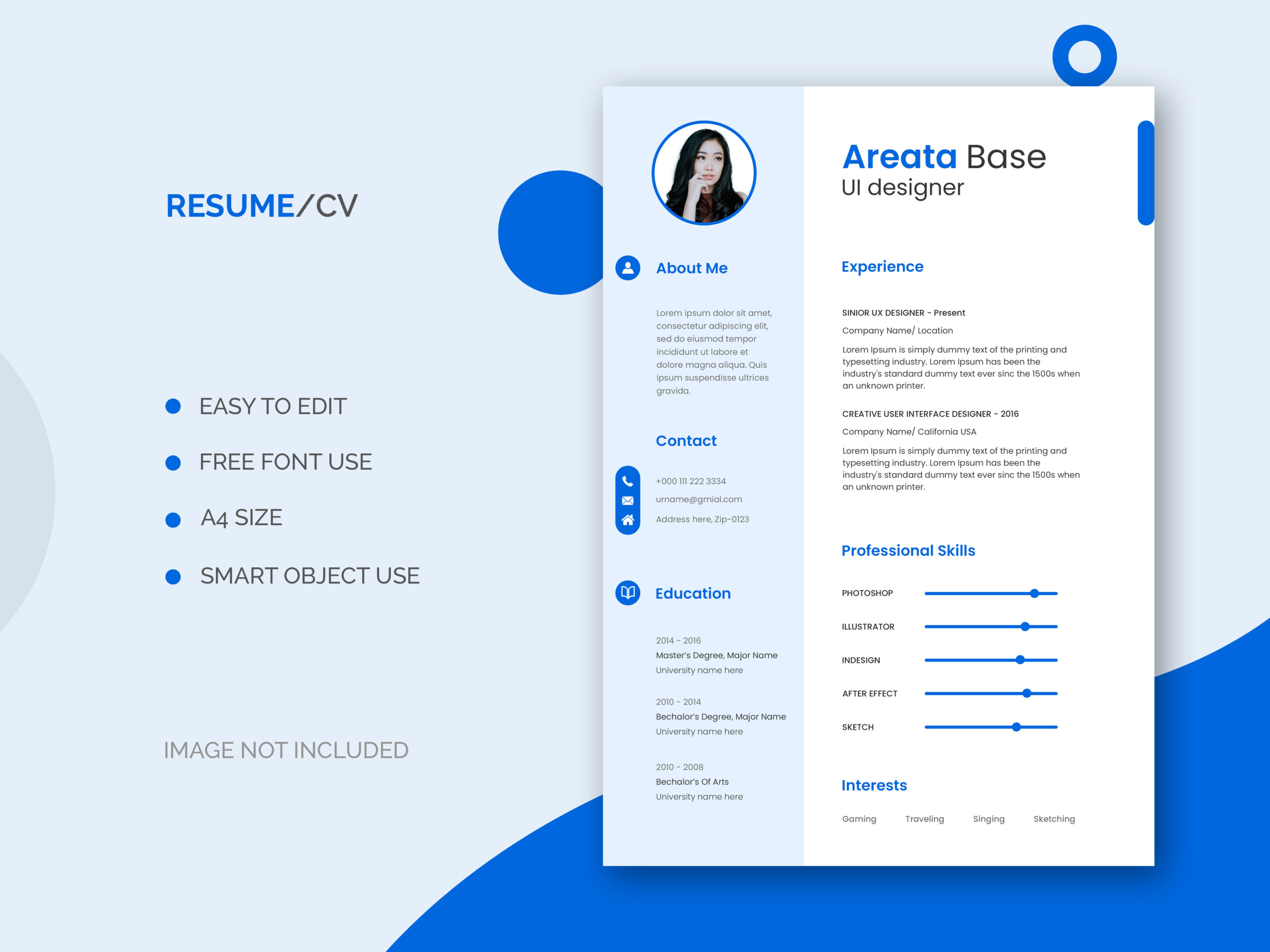Artificial Intelligence (AI) has become indispensable in the ever-evolving talent acquisition landscape, transforming how organizations identify and evaluate potential candidates. The advent of AI resume screening and AI sourcing tools has promised efficiency and objectivity in hiring, aiming to match the right talent with the right opportunities. However, as these technologies become integral to recruitment strategies, fairness, and equity concerns have taken center stage.
The Challenge of Bias in AI Resume Screening
AI resume screening tools leverage machine learning algorithms to analyze resumes and identify candidates who meet specific criteria—this is a boon for recruiters, streamlining the hiring process and saving valuable time. However, the inherent challenge lies in the potential biases that can be inadvertently woven into the algorithms, perpetuating systemic disparities.
The biases in AI resume screening tools can be traced back to the data on which they are trained. If historical hiring data is biased, the AI system may learn and replicate those biases, perpetuating existing inequalities. For instance, if a certain demographic has historically been underrepresented in a particular industry, the AI tool may inadvertently screen out candidates from that demographic, perpetuating the lack of diversity.
Striking the Right Balance: Fairness and Effectiveness
Balancing fairness and effectiveness in AI resume screening requires a conscientious effort to address bias while ensuring the tools meet their intended purpose. Here are some key considerations for navigating equity in AI resume screening and measuring tool success:
Diverse Training Data:
The foundation of any AI tool is the data on which it is trained. Ensuring that the training data is diverse and reflects a broad population is crucial to mitigating bias. Including a wide range of demographics, experiences, and backgrounds helps create a more inclusive model, reducing the risk of perpetuating biases.
Continuous Monitoring and Evaluation:
The dynamic nature of the job market necessitates ongoing monitoring and evaluation of AI resume screening tools. Regularly assessing the tool’s outcomes against established benchmarks can uncover emerging biases and allow for timely adjustments. Continuous improvement ensures that the tool evolves with societal changes and organizational goals.
Transparency and Explainability:
Transparency in the functioning of AI algorithms is crucial for building stakeholder trust. Providing insights into how the tool operates and the factors it considers in candidate selection enhances accountability. Furthermore, ensuring that the decision-making process is explainable helps recruiters and candidates understand why confident choices are made, fostering a sense of fairness.
Customization for Context:
Recognizing that different industries and roles have distinct requirements, AI resume screening tools should be customizable to accommodate these variations. A one-size-fits-all approach may inadvertently favor certain profiles over others. Customization allows organizations to align the tool with their needs, promoting fairness in evaluating candidates across diverse fields.
Measuring Tool Success Beyond Efficiency
While efficiency in candidate selection is a primary goal of AI resume screening tools, success metrics must extend beyond mere speed. Effectiveness should encompass the quality of hires, long-term employee satisfaction, and the overall impact on organizational diversity. Organizations must embrace a holistic approach that considers utilizing both quantitative and qualitative metrics to evaluate the success of these tools.
Quality of Hires:
Instead of solely focusing on the number of hires made through AI resume screening, organizations should assess the performance and longevity of these hires. Measuring the success of a tool based on the quality of candidates, it identifies helps avoid a tunnel-visioned pursuit of quantity at the expense of long-term organizational success.
Employee Satisfaction and Retention:
Success is measured in the satisfaction and retention of employees recruited through AI resume screening. Tools prioritizing diversity and inclusivity are more likely to contribute to a positive workplace culture, fostering employee engagement and loyalty. Organizations should gauge employee satisfaction as a critical indicator of the tool’s impact on their workforce.
Diversity and Inclusion Metrics:
Organizations committed to fostering diversity and inclusion should establish clear metrics to gauge the impact of AI resume screening on these goals. Monitoring the representation of underrepresented groups in the candidate pool and, subsequently, in the hired workforce provides insights into the tool’s contribution to creating a more inclusive workplace.
Navigating Ethical Considerations
As organizations embrace AI resume screening tools, ethical considerations surrounding candidate privacy and informed consent emerge. Respecting the rights of candidates and ensuring transparency in the use of their data is paramount for building trust and maintaining ethical standards.
Informed Consent:
Organizations should be transparent about using AI resume screening tools and seek informed consent from candidates. Communicating how the technology will be used, what data will be analyzed, and the implications of the screening process empowers candidates to make informed decisions about their participation in the hiring process.
Data Security:
Safeguarding candidate data is a non-negotiable aspect of AI resume screening. Organizations must adopt strong security measures to protect sensitive information from unauthorized access or breaches. Following data protection regulations and industry standards is essential for maintaining candidates’ trust and safeguarding organizational reputation.
Conclusion
As AI resume screening and AI sourcing tools continue to revolutionize the recruitment landscape, the delicate balance between fairness and effectiveness remains at the forefront of discussions. Navigating equity in these technologies requires a strategic and ethical approach, addressing biases, measuring success beyond efficiency, and considering the impact on diversity and inclusion. Organizations that prioritize fairness and transparency in using AI resume screening tools enhance their recruitment processes and contribute to a more fair and inclusive future for the workforce.





